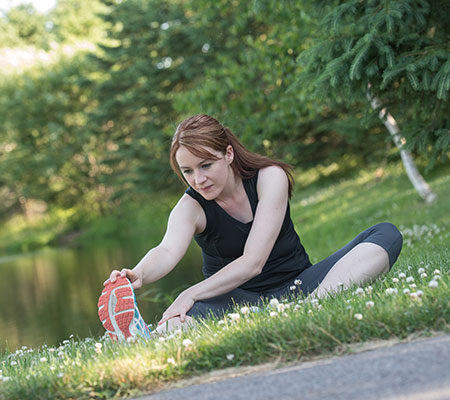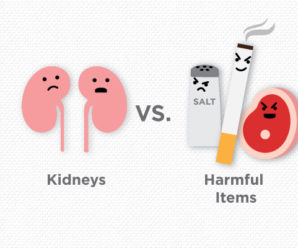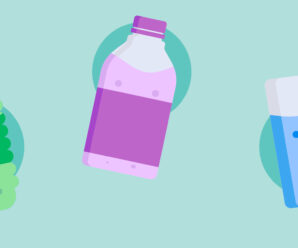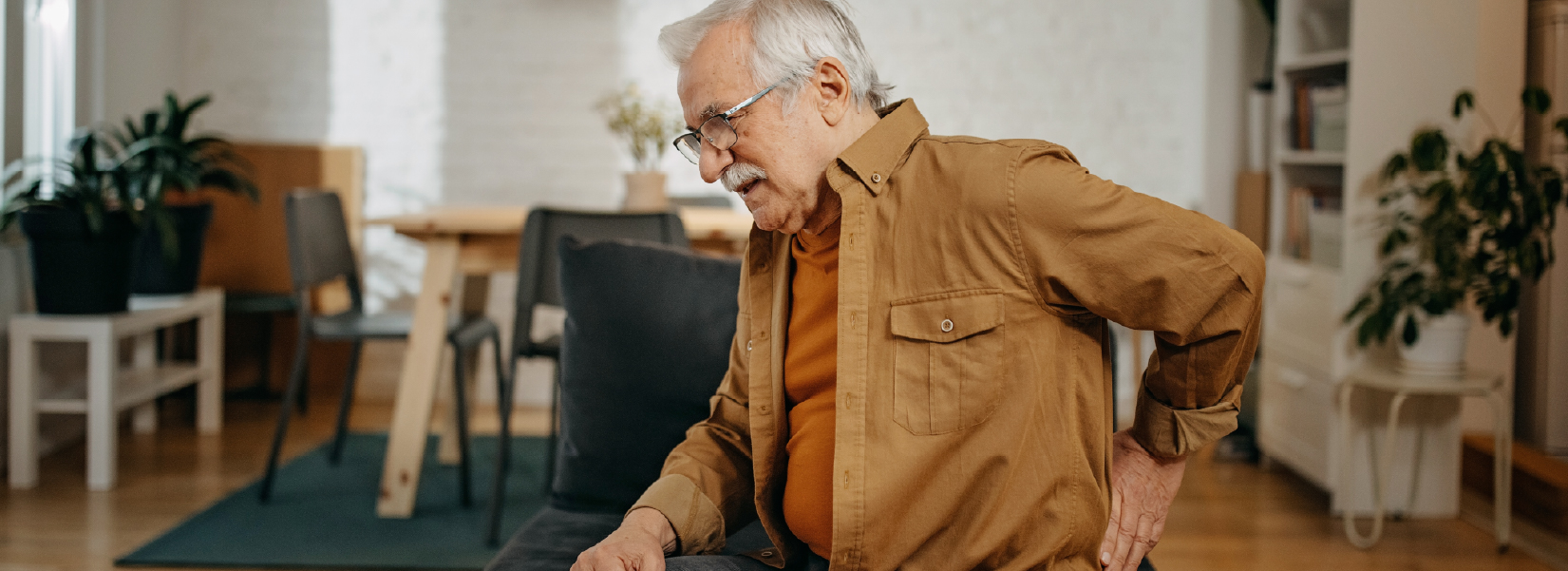
Your body can feel great right after completing a tough workout, but when morning comes, not so much. Aches and muscle soreness can start to set in.
Your muscles can be sore for a reason and it’s not always a bad thing.
What causes sore muscles?
According to Zachary Troyer, a Marshfield Clinic Health System physical therapist, soreness occurs in muscles when they are being worked beyond what they’re accustomed to.
“Usually there is discomfort when the muscles have been overloaded,” Troyer said. “The muscles need a chance to send in ‘healing cells’ to build the tissue back up again.”
People who usually do not work out or do not do resistance training when exercising usually feel soreness because the muscles are not used to the training. For people who go to gym regularly, the muscles are already used to work outs and do not get sore as often.
Feeling sore can be good or bad, depending on the person
“If a physical therapy patient is going through rehab, I prefer to minimize the soreness to a maximum of a 24-hour span,” Troyer said. “If it lasts longer than that, I will adjust the volume or duration of the exercises.”
For general population exercisers, they may experience delayed onset muscle soreness, or DOMS, which may not start until 24 hours after a workout and not subside until three to four days later. This usually happens during high intensity training.
How may you reduce soreness?
“The research is a bit conflicting,” Troyer said. “They have found taking ibuprofen, doing deep tissue massage, stretching and using ice in various combinations can accelerate the resolution of DOMS. There is not one specific thing that works, but a combination can help.”
Whether to work out the next day after soreness occurs also depends on the person. Many times people will focus on an upper body, full body or leg workout. If you are sore in your upper body, focus on your legs or a total body workout and let your arms rest.
Troyer recommends resting every three days and switching exercises so your body does not get used to specific workouts.
“If you have no pain, soreness is usually a good thing because muscles are getting overloaded and rebuilding, which means they are getting healthy,” he said.
If you are feeling sore for an extended period of time, or experience pain with soreness, contact your physician.







Leave a Reply